Publications
The experience from the Millennium Development Goals has shown that well-defined, objectively measurable indicators can help to maintain focus on internationally agreed development goals and targets, while keeping the world informed of achievements, problem areas and emerging issues.
Looking ahead to the post-2015 development agenda, it will be important to develop a robust monitoring system that draws on traditional data collection methods and innovations in statistics and data collection to develop a monitoring framework that can measure progress on the various thematic areas.
While it is still too early to define a set of indicators and targets for the development…
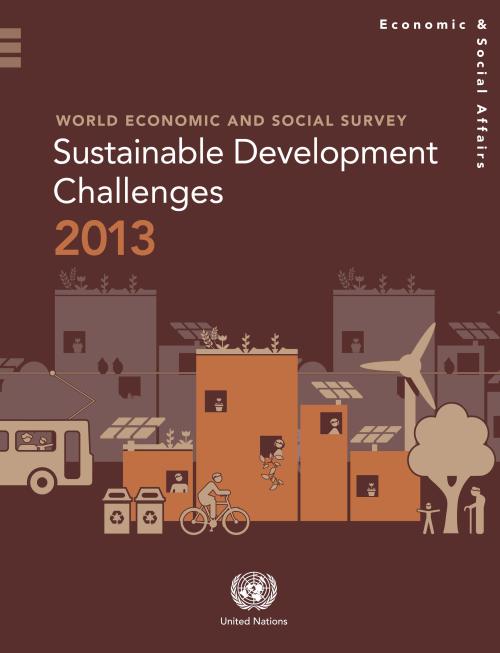
New strategies are needed to address the impacts of rapid urbanization around the world, including increasing demands for energy, water, sanitation, public services, education and health, according to the World Economic and Social Survey 2013.
The 2013 Survey examines the many challenges that must be addressed to achieve sustainable development. The United Nations Conference on Sustainable Development—Rio+20--set out a framework for action and follow-up across a wide range of issues and the Survey zooms in on three critical challenges – food security, energy transformation and sustainable cities.
According to the Survey produced by the UN Department for Economic and Social…
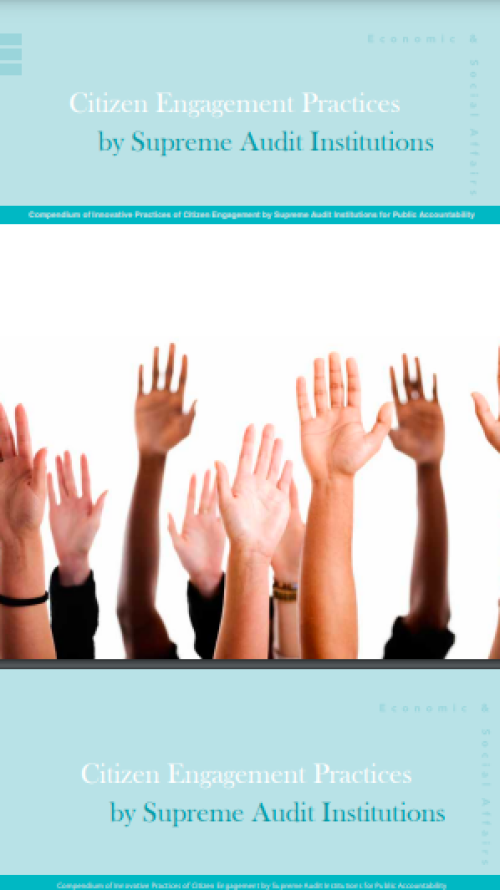
The Compendium of Innovative Practices of Citizen Engagement by Supreme Audit Institutions for Public accountability provides an overview of successful examples and innovations in the engagement of citizens in public accountability processes through Supreme Audit Institutions. The purpose of this book is to disseminate, through comparitive case studies and analysis, and conceptual frameworks, information about innovative and successful practices. Learning more about how Supreme Audit Insititutions from around the world have successfully collaborated with citizens and civil society groups in the audit of how public resources are allocated and spent can be a powerful and inspirational tool…
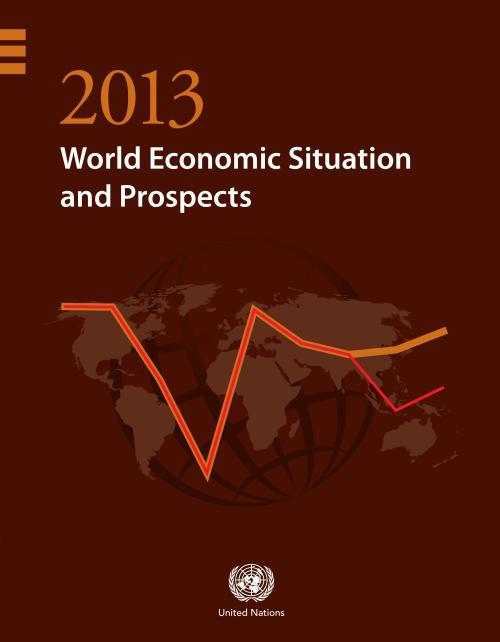
Global economic activity is projected to slowly gain momentum, but growth will continue to be below potential and employment gains will remain weak, says the UN report. It notes that since late 2012, new policy initiatives in major developed economies have reduced systemic risks and helped stabilize consumer, business and investor confidence, but with very limited improvement on economic growth.
“The main priority for policy makers worldwide should be to support a robust and balanced global recovery, with a focus on promoting job creation,” said Shamshad Akhtar, UN Assistant Secretary-General for Economic Development.
Global growth has been revised slightly downward…
The global partnership for development, as crystallized in Millennium Development Goal 8, has played a crucial role in galvanizing international support for development. Given the global challenges at hand, there is an urgent need for true collective action from all countries to create an enabling environment for development at all levels. The latest report of the UN System Task Team on the Post-2015 UN Development Agenda provides a set of recommendations on the global partnership for development in the post-2015 era.
A renewed global partnership for development, which is broader in scope and deeper than the current one, is needed to underpin any post-2015 development agenda.…
The World Economic Situation and Prospects 2013 presents a post-crisis world economy still struggling with continued weakening growth of 2.2 per cent in 2012. It projects disappointing global growth of 2.4 per cent in 2013 and 3.2 per cent in 2014 in the face of major uncertainties and downside risks. A much slower pace of poverty reduction is predicted in many developing countries and narrowing fiscal space for investments in the many critical areas needed for achieving the Millennium Development Goals. The World Economic Situation and Prospects 2013 calls for more forceful and concerted policy action at the global level, identifying fiscal and employment policies,…
In its 2012 Report, the MDG Gap Task Force has had difficulty identifying areas of significant new progress towards delivering on commitments to the Global Partnership for Development, and for the first time there are signs of backsliding. The volume of official development assistance (ODA) fell for the first time in many years, obstacles to exports from developing countries are on the rise, and numerous developing countries are facing debt difficulties.
With less than three years until 2015, there is no apparent commitment by donor Governments to reverse the trend in time, and it is likely that fewer MDGs will be reached in fewer countries as a result.
The Report finds…
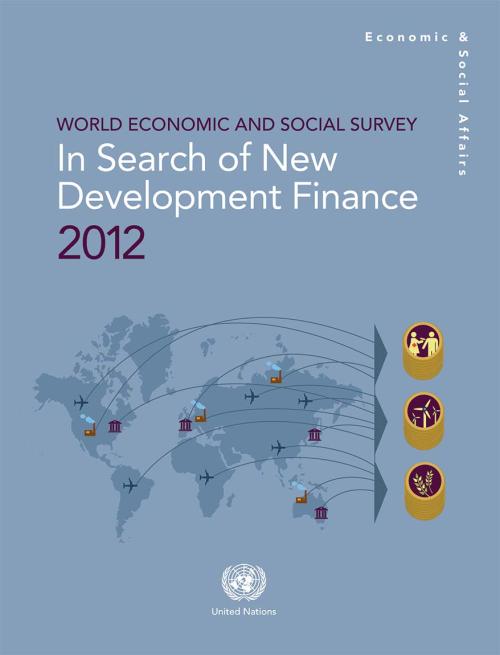
The financial needs of developing countries have long outstripped the willingness and ability of donors to provide aid. Addressing this challenge, the survey proposes an international tax, combined with other innovative financing mechanisms, to raise more than $400 billion annually for development and global challenges such as fighting climate change.
Launched on 5 July, the survey reveals that in the midst of difficult financial times, many donor countries have cut back on development assistance. In 2011, for the first time in many years, aid flows declined in real terms.
“We are suggesting various ways to tap resources through international mechanisms, such as…
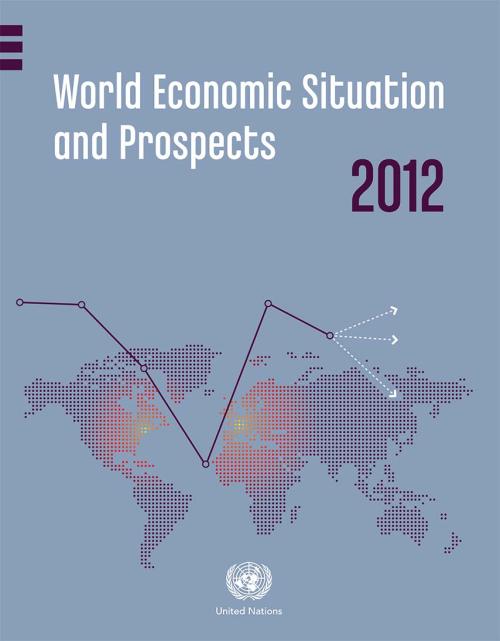
Despite scattered signs of improvement, the world economic situation and prospects continue to present challenges. After a marked slowdown in 2011, global economic growth will likely remain tepid in 2012, with most regions expanding at a pace that is below potential. In the face of subdued growth, the jobs crisis continues, with global unemployment still above its pre-crisis level and unemployment in the euro area rising rapidly. The risks to the global outlook are tilted to the downside. The euro area debt crisis remains the biggest threat to the world economy. An escalation of the crisis would likely be associated with severe turmoil on financial markets and a sharp rise in global risk…
“The increasing role of e-government in promoting inclusive and participatory development has gone hand-in-hand with the growing demands for transparency and accountability in all regions of the world,” said Sha Zukang, UN DESA Under-Secretary-General in the newly released United Nations E-government Survey 2012.
The survey, prepared by UN DESA’s Division for Public Administration and Development Management, assesses Member States’ government web portals with a focus on the provision of e-information and e-services; these services include interactive, transactional, and e-participation features that connect governments and citizens.
Member States are ranked in accordance…
The world economy is on the brink of another major downturn. Global economic growth started to decelerate on a broad front in mid-2011 and is estimated to have averaged 2.8 per cent over the last year. This economic slowdown is expected to continue into 2012 and 2013. The United Nations baseline forecast for the growth of world gross product (WGP) is 2.6 per cent for 2012 and 3.2 per cent for 2013, which is below the pre-crisis pace of global growth.
Persistent high unemployment in the United States and low wage growth are holding back aggregate demand and, together with the prospect of prolonged depressed housing prices, this has heightened risks of a new wave of home…
If the Millennium Development Goals (MDGs) are to be achieved, a serious shortfall in funding must be addressed. This is the stark revelation of the UN’s MDG Gap Task Force report, released today in New York. Introducing the report, UN Secretary-General Ban Ki-moon underlined the importance of the report’s findings, saying “we cannot afford to leave the poor even further behind.”
 Welcome to the United Nations
Welcome to the United Nations